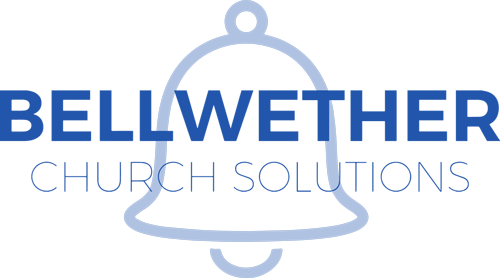Bookkeeping Basics
On average, churches spend 10 hours each week recording, organizing, and processing financial transactions – everything from donations, to employee payments, expense receipts and supplier invoices.
While the process may be time-consuming (and tedious!), effective bookkeeping is the foundation of sound financial management – which in turn, is the lifeblood of your organization.
Feeling overwhelmed by mountains of paperwork and complex calculations? Here are two bookkeeping basics to help ensure a healthy financial future for your church
Faithfully track expenses
Accurate and consistent expense tracking is crucial for claiming tax deductions and lowering your overall tax bill. Plus, analyzing expenses can offer crucial insights into spending patterns and the overall profitability of your small business.
Churches should consider using a mobile app for simple, consistent expense tracking. Options like Expensify and Receipt Bank help do away with manual data entry with automated functions, including:
- Receipt data capture via your smartphone’s camera (no need to hold onto paper receipts, which can get lost or misfiled);
- Synchronization with your phone’s GPS to track mileage of business travel; and
- Importing bank and credit card data, plus integration with accounting software.
Save time with accounting software
By law, every business is required to keep organized and timely financial records. However, manually posting income and expenses to ledgers and journals is time consuming – not to mention stressful for the math-averse.
Shave some time (and stress) off your weekly bookkeeping with an all-in-one accounting software solution like Xero , QuickBooks, ClearBooks or KashFlow.
Online bookkeeping offers numerous advantages, such as:
- Instant reports and real time insights on profits and loss, customer accounts, payroll – and your overall financial “big picture”;
- Simplified data entry so you can collate and print invoices, purchase orders, and payroll much faster than with manual methods; and
- Improved accuracy through automation (once data is entered, the software handles all subsequent calculations and processes – including invoicing).
When it comes to accounting, vigilance is the key to mitigating risk and ensuring the long term profitability of your small business. Be sure to set aside time each day, week, and month to update and review your books to catch any red flags and ensure your finances are on track.
